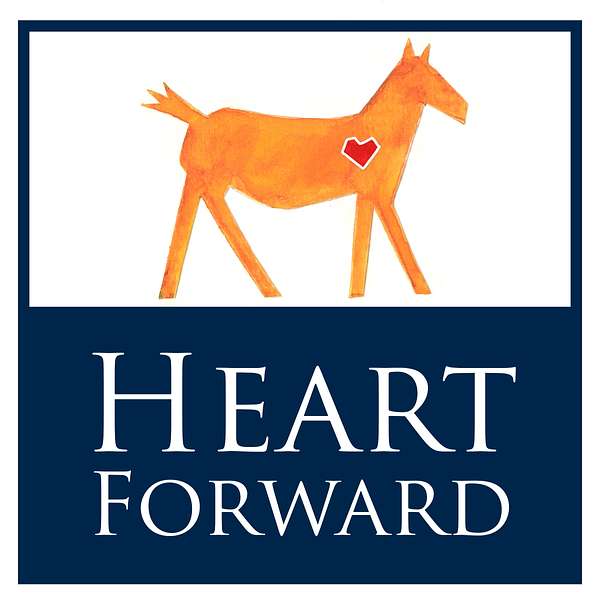
Heart Forward Conversations from the Heart
The American mental health system is broken beyond repair. Rather than trying to tweak a system which fails everyone, it is time to commit to a bold vision for a better way forward. This podcast explores the American system against the plumb line of an international best practice, recognized by the World Health Organization (WHO), in Trieste, Italy. The 40-year old Trieste model demonstrates how a community-based treatment system upholds the human rights of the people served. The Trieste story is anti-institutional and models the therapeutic value of social connection. Topics will address contemporary challenges in the American failed mental health system as contrasted with the Italian approach toward accoglienza – or radical hospitality – as the underpinning of their remarkable culture of caring for people. Interviews will touch upon how the guiding principles of the Italian system – social recovery, whole person care, system accountability, and the human right to a purposeful life – are non-negotiable aspects if we are to have any hope of forging a new way forward in our American mental health system. This podcast is curated and hosted by Kerry Morrison, founder and project director of Heart Forward LA (https://www.heartforwardla.org/). Heart Forward is collaborating with Aaron Stern at Verdugo Sound as the technical partner in producing this podcast (https://www.verdugosound.com). Kerry Morrison is also the author of the blog www.accoglienza.us.
Heart Forward Conversations from the Heart
A teacher's life well-lived: A conversation with Caterina Vicentini in Trieste
In this episode we sit down and talk with Caterina Vicentini in my hotel room in Trieste. Caterina is a math and physics teacher at the secondary school level in a town – Monfalcone -- that is about 30 minutes from the city centre of Trieste.
She is a service user and takes advantage of opportunities like this to share her story to help destigmatize mental illness and to offer hope that one can have a full life -- education, career and family –- even while encountering the challenges of a mental illness. Of course, she lives and works in a region that is known for exemplary care.
Her first crisis in her 20’s happened when she was a graduate student. At that time, she had been awarded an Erasmus Fellowship which allowed her to study in Belgium. Then she was offered an opportunity as a PhD student to be a teaching assistant.
She recalls for us her first experience of being taken to the hospital, forcibly injected by someone she did not trust, and then placed in a padded room with four point restraints. The shock of all that is beyond frightening and you will hear about her Houdini-like liberation that took all night long.
In 1991 she and her husband returned to Trieste and she shares the stories over the subsequent decades of a few more incidents that would set her back, and how she emerged stronger each time.
Note: when she talks about going to the “centro di salute mentale” or staying there in one of their beds, this is not a hospital. This is the community mental health center, which is an unlocked place with crisis beds for those who might need to stay for a day, a week or longer.